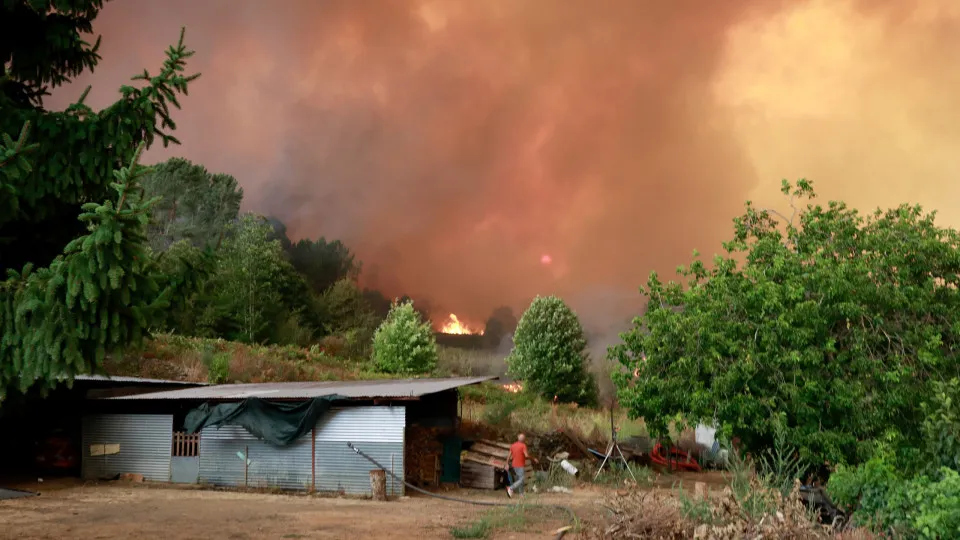
The environmental association Zero has reported that 28 landfills in Portugal are receiving untreated urban waste, which includes a lack of prior separation and stabilization of organic waste.
Portugal is allegedly breaching a European rule in effect since 2014, as well as national legislation that prohibits depositing waste in landfills without prior treatment and stabilization.
Zero criticizes the Portuguese authorities for allegedly “systematically ignoring” this prohibition and warns that Portugal could face an infringement process for violating EU landfill legislation by allowing these practices.
The association noted that approximately 40% of urban waste consists of organic material, which, when landfilled without treatment, leads to odors, the spread of disease vectors such as insects, rodents, and birds, and the production of highly polluted wastewater that is difficult to treat.
Placing such waste in landfills could also result in the release of methane, a potent greenhouse gas contributing to global warming.
Specifically, Zero highlighted that due to receiving a large amount of organic waste, the existing landfill in Portimão accounts for 55% of greenhouse gas emissions in the municipality.
The association advocates for comprehensive urban waste treatment through Mechanical and Biological Treatment (MBT) instead of investing in incineration units, which are highly polluting and slow to install, failing to address landfill overflow in time.
Zero reminds that Portugal already has state-of-the-art MBT units like the one in Resialentejo, Beja, which diverts about 70% of landfill waste, emphasizing the importance of expanding the number and efficiency of these units to reduce landfill pressure and comply with the law.
Zero has submitted identified cases for review to the General Inspectorate of Agriculture, Sea, Environment, and Spatial Planning, noting Ambisousa’s landfills in Lousada and Penafiel and Ecolezíria’s in Almeirim as the most problematic.
The only landfills confirmed not to discharge untreated organic waste are those of Gesamb in Évora and Resialentejo in Beja, the association stressed.




